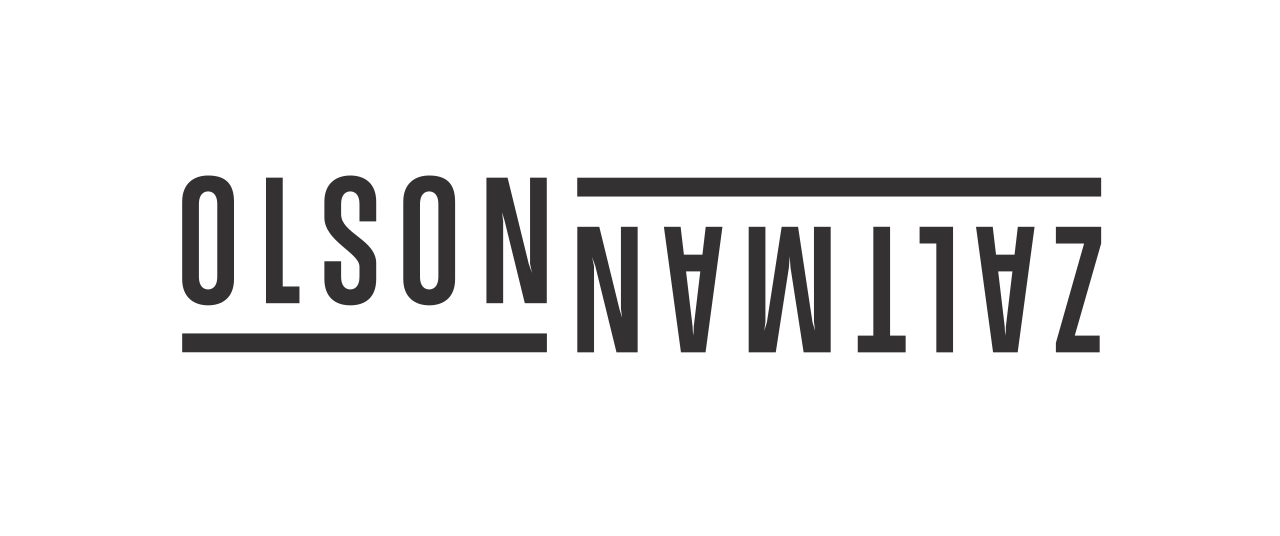The timelessness of a good story
Many marketers preach about the power of stories – and they are not wrong. An article in Harper’sgoes into depth about stories, their history, and how they work.
The author explains the universal power of stories by discussing “Little Red Riding Hood.” Cultures all around the world have some version of “Little Red Riding Hood.” Clearly, it leverages universal themes even though the details of the story are a little different everywhere because of cultural nuances.
Other folktales like “Beauty and the Beast” and “Rumpelstiltskin” go back thousands of years for the same reason. As one expert quoted in the article says, the stories can go back further than the language used to tell them. The problems and challenges we face are, in some ways, very different from those of our ancestors. But in other ways, they aren’t that different.
Stories also require tension – “a bad guy.” Villains in stories, even long-ago, were metaphors for real world threats that people faced. Therefore, they enabled a form of simulation that improved people’s mental and social skills and ability to overcome conflict. In short, stories had tension because they were teaching people how to survive.
The author argues, “A story is really a way of thinking—perhaps the most powerful and versatile skill in the human cognitive repertoire. The increasingly large brains of our ancestors, all the more attuned to the world’s complexity, needed a way to organize this overwhelming torrent of information, to pass the multiplicity of experience through a reverse prism and distill it into a single coherent sequence. Stories were the solution.”

